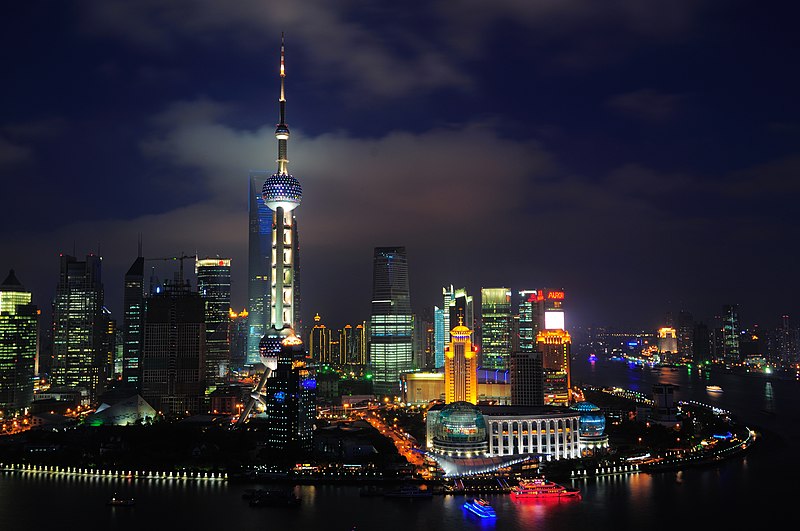
There's a fascinating article in the New York Times Magazine on a physicist's search for the laws that govern the growth of cities. He became interested in the subject after discovering how the size of an animal can predict its metabolism:
...he saw the metropolis as a sprawling organism, similarly defined by its infrastructure. (The boulevard was like a blood vessel, the back alley a capillary.) This implied that the real purpose of cities, and the reason cities keep on growing, is their ability to create massive economies of scale, just as big animals do. After analyzing the first sets of city data — the physicists began with infrastructure and consumption statistics — they concluded that cities looked a lot like elephants. In city after city, the indicators of urban “metabolism,” like the number of gas stations or the total surface area of roads, showed that when a city doubles in size, it requires an increase in resources of only 85 percent.The article also makes an argument that dense cities are inherently green:
...that modern cities are the real centers of sustainability. According to the data, people who live in densely populated places require less heat in the winter and need fewer miles of asphalt per capita. (A recent analysis by economists at Harvard and U.C.L.A.demonstrated that the average Manhattanite emits 14,127 fewer pounds of carbon dioxide annually than someone living in the New York suburbs.) Small communities might look green, but they consume a disproportionate amount of everything. As a result, West argues, creating a more sustainable society will require our big cities to get even bigger. We need more megalopolises.Incidentally, there's a Radiolab episode that deals with the subject, and being Radiolab, it goes without saying that everyone should listen:
I agree that "we need more megalopolises," and it's always worth pointing out how the intuitive sense that cities consume more than their fair share of resources is simply wrong, and actually the reverse is true.







